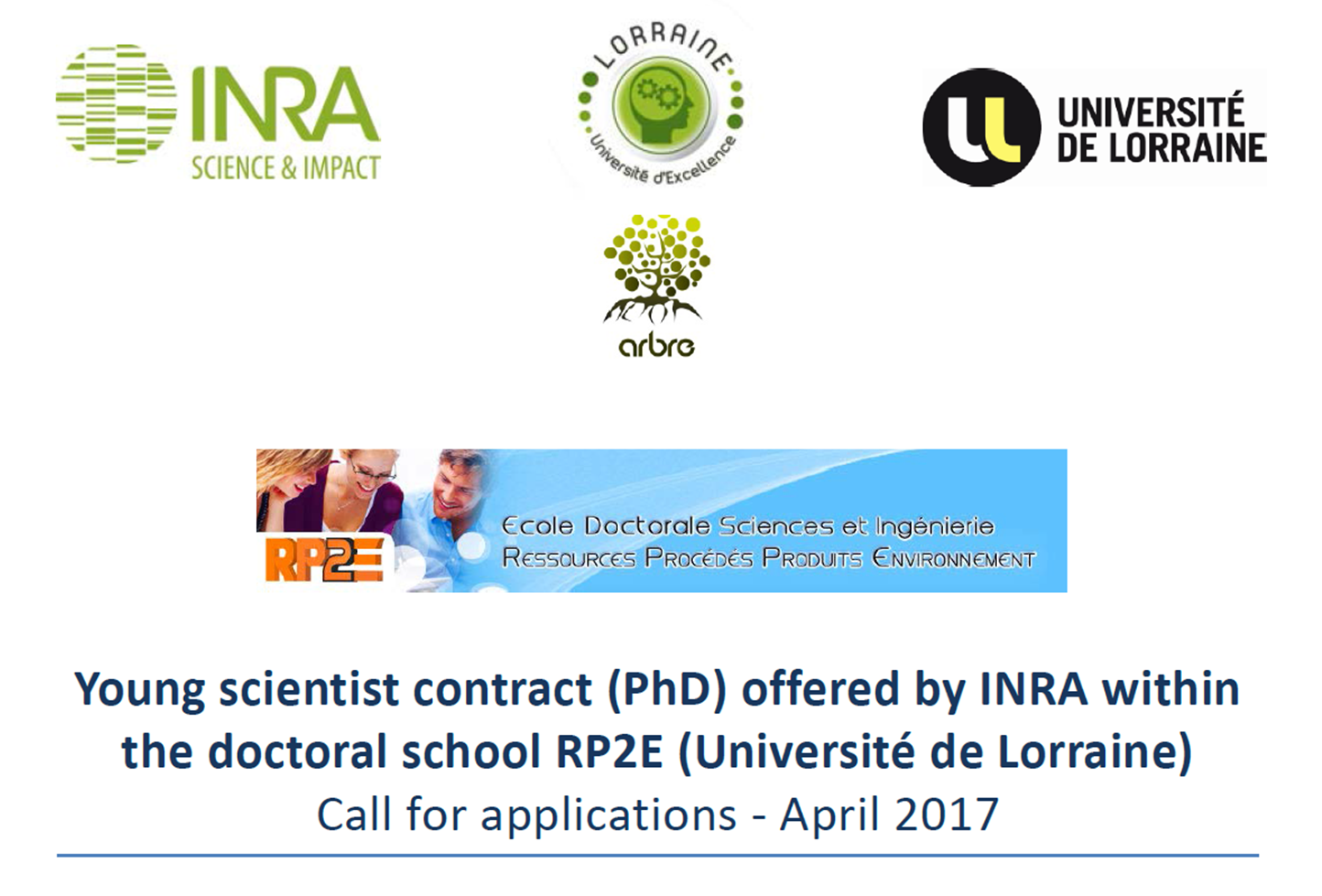
Le Laboratoire d’Excellence ARBRE est un consortium de laboratoires lorrains étudiant les écosystèmes forestiers. Il a pour ambition de mieux comprendre les mécanismes qui régissent l’adaptation et l’évolution des arbres et des forêts aux changements globaux (changements climatiques et d’usage des sols). Les recherches conduites dans le Labex visent à mettre au point des méthodes de gestion sylvicole adaptées permettant d’assurer la durabilité des forêts et une meilleur utilisation du matériau bois.
 ARBRE a pour objectifs d’améliorer nos connaissances fondamentales de la biologie des arbres forestiers, d’explorer et d’analyser le fonctionnement des écosystèmes forestiers dans un contexte de changement global, de proposer de nouvelles pistes pour leur préservation, d’élaborer de nouveaux usages du bois pour une meilleure valorisation des forêts et de diffuser les connaissances acquises aux bénéfices de la science et de la société.
ARBRE a pour objectifs d’améliorer nos connaissances fondamentales de la biologie des arbres forestiers, d’explorer et d’analyser le fonctionnement des écosystèmes forestiers dans un contexte de changement global, de proposer de nouvelles pistes pour leur préservation, d’élaborer de nouveaux usages du bois pour une meilleure valorisation des forêts et de diffuser les connaissances acquises aux bénéfices de la science et de la société.
Ce projet intègre différentes disciplines scientifiques notamment la microbiologie, la génomique, l’écologie, l’écophysiologie et l’économie pour comprendre, maîtriser et prédire la structure et la dynamique des écosystèmes forestiers européens tempérés. Il constituera un potentiel de recherche unique en Europe et permettra à terme de mettre en place un Institut Européen de la Forêt et du Bois. En effet, ARBRE a développé un réseau de collaboration avec l’université Albert Ludwig à Freiburg et avec l’ETH à Zürich dans le cadre du réseau existant NFZ.forestnet, ainsi qu’avec l’European Forest Institute (EFI), et l’Université de la Grande Région. Au niveau master, ARBRE vient en appui à 3 masters innovants (40 à 50 étudiants par an). ARBRE renforce l’attractivité pour cette offre de formation en proposant des bourses et des stages valorisants chez ses partenaires de la filière forestière. Enfin, le projet organise aussi de la formation continue, en lien avec les besoins des industriels du domaine forestier, en mettant l’accent sur le e-learning.
 Une meilleure connaissance de la biologie des arbres forestiers et de l’écologie fonctionnelle des écosystèmes forestiers permettra de proposer aux professionnels des outils et des bioindicateurs facilitant la gestion raisonnée des forêts. Les recherches conduites dans ARBRE permettront également d’optimiser l’utilisation des produits forestiers, qu’il s’agisse de bois ou de “services écosystémiques” (stockage du carbone, biodiversité, qualité de l’eau…).
Une meilleure connaissance de la biologie des arbres forestiers et de l’écologie fonctionnelle des écosystèmes forestiers permettra de proposer aux professionnels des outils et des bioindicateurs facilitant la gestion raisonnée des forêts. Les recherches conduites dans ARBRE permettront également d’optimiser l’utilisation des produits forestiers, qu’il s’agisse de bois ou de “services écosystémiques” (stockage du carbone, biodiversité, qualité de l’eau…).
 Inra and the Doctoral School RP2E offer during 2017 a “Contrat Jeune Scientifique” (Young Scientist Contract) for 3 years (duration for completion of a PhD).
Inra and the Doctoral School RP2E offer during 2017 a “Contrat Jeune Scientifique” (Young Scientist Contract) for 3 years (duration for completion of a PhD). 




